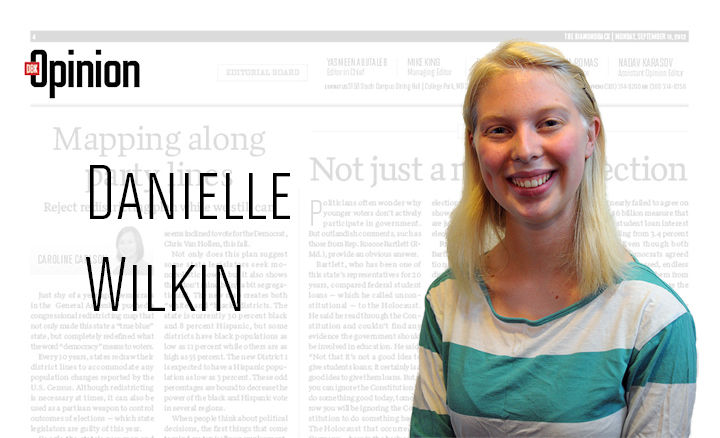When columnists were asked to “sell” our majors, I got so excited! Not because I was looking forward to talking about my biology major and how science is the coolest, but because it would give me a chance to share about the underappreciated and underrepresented education college. Majoring in education has taken my knowledge beyond surface-level content and pushed me to explore the parts of learning that I have always taken for granted. It could do the same for you, if you only give it a chance.
Part of the magic of the secondary education major is that you also must major in a content area, be it biology, history, English, etc. So not only do you leave college with the ability to get a job as a teacher, but you are also prepared to take a job in your content area. Secondary education is ideal for those of us interested in subjects that are typically associated with lower post-graduation employment rates. For example, you may not be able to make a living as a musician straight out of college, but you can absolutely make a decent wage as a music teacher. An education degree is an asset in the job market, regardless of your future profession.
It should come as no surprise that the education college has the best professors on the campus. Most of my instructors, at one point or another, were middle and/or high school teachers, making them some of the only professionally trained teachers on the campus. This means they have the tools and experience to be effective teachers. They entered the profession because of their genuine love of education, and that reflects in their instruction at the college level. They are focused on your learning and understanding of content as opposed to just presenting you with information.
Education courses are also a lesson in metacognition. They give you the opportunity to reflect on your own thinking and learning. Education college professors are constantly sharing learning tools and strategies for you to use yourself and with your future pupils. Committing to an education major allows you to become a better and more mindful student while preparing you for a rewarding career as a teacher.
Gaining applicable real-world experience is important not just to furnish your resume, but also to discern the best career choice for you. Education majors have internships and volunteer positions built into the curriculum that give us valuable time in secondary-school classrooms. They allow us to get hands-on experience with our future profession that most other majors aren’t privy to.
If you want a major that allows you to fully explore two fields while having hands-on opportunities and an unbelievably supportive faculty and staff, I encourage you to look into secondary education. Hopefully next semester I will see a few of you around the Benjamin Building.
Danielle Wilkin is a senior biology and secondary education major. She can be reached at dwilkindbk@gmail.com.





